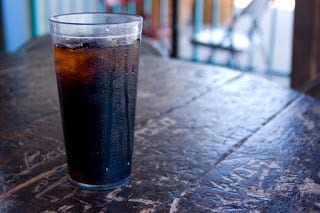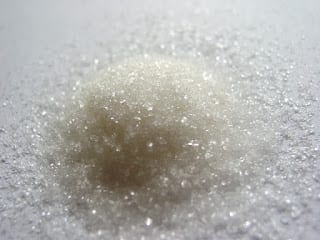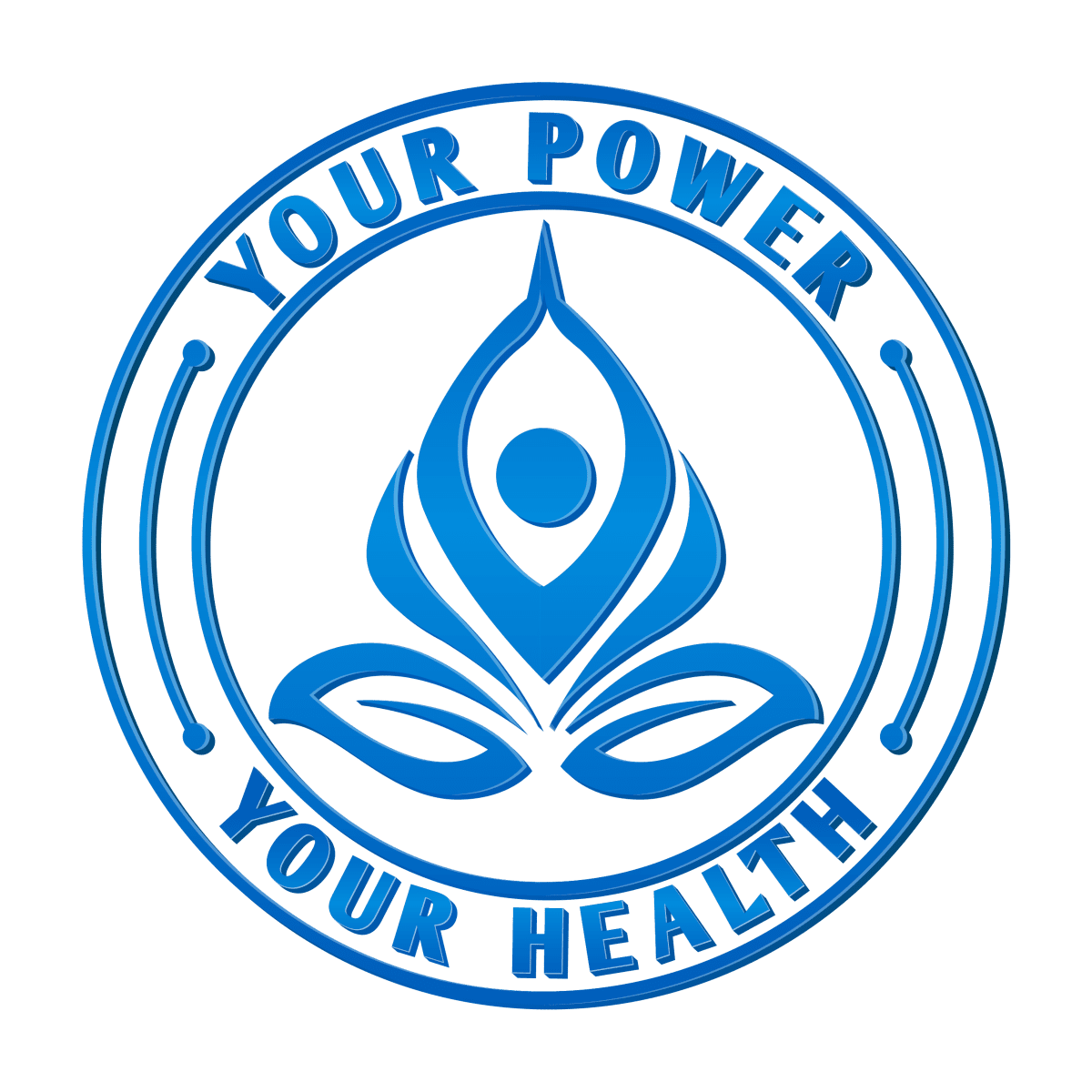Do you feel like you need to eat something sweet at certain times of the day? Do you fall into an afternoon slump that you think requires a sugary snack as a pick-me-up? When you have a sweet tooth, do you stop at nothing until you satisfy it? You might be addicted to sugar. Many of us are.
Sugar impacts the same part of the brain that cocaine does. In fact, when laboratory rats are addicted to sugar and cocaine, given the choice between the two, the rats will usually go for the sugar. It’s a powerful drug.

Sugar addiction was not always the scourge it currently is. Prior to the 1970s, sugar was consumed in reasonable quantities and was not as prevalent in foods as it is today. We consume a lot more processed food like substances which are full of sugar, salt and cheap, unhealthy fats. Additionally, when the Farm Act was introduced, it became much more lucrative for farmers to grow copious amounts of corn. They needed to do something with all the corn that was grown so they started feeding to grass eating animals like cattle, making fuel and developing a super sweetener called high fructose corn syrup (HFCS).
HFCS became an inexpensive way to sweeten foods and particularly soft drink beverages and replaced imported cane sugar which is subject to tariffs and therefore much more costly to use. Unfortunately, HFCS is very addictive, overloads the system and causes insulin resistance, leading to metabolic syndrome then ultimately diabetes.
The corn industry would like to convince us that the impact to your body from “corn sugar” as they now call it is the same as cane sugar but that simply is not true. HFCS is higher in fructose which goes directly to your liver to be stored as fat. We have more people developing a non-alcoholic fatty liver disease (NAFLD) from overconsumption of soft drinks containing HFCS than ever before. According to the studies cited here, the use of HFCS vs. cane sugar is far more toxic, especially in females.

Many of us are powerless in the face of sugary treats. As part of my health transformation, I was able to kick sugar addiction but it wasn’t easy. I now empower my clients to do the same for themselves. It can be done and the results are remarkable when they are successful. They have so much more energy, sleep better, lose weight, have fewer mood swings due to sugar imbalance and an overall sense of improved well-being. It is so worth taking the leap.
Would you like to have a conversation about your struggle with sugar addiction? I can help you kick sugar to the curb forever. Go to www.yourpoweryourhealth.com sign up for a complimentary breakthrough session. You’ll be glad you did.






